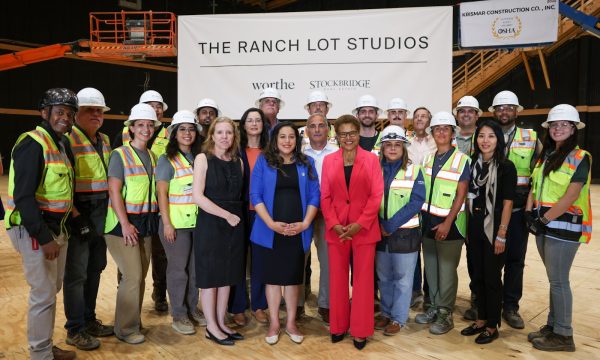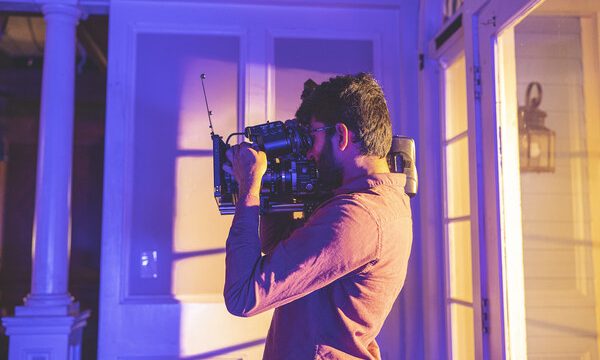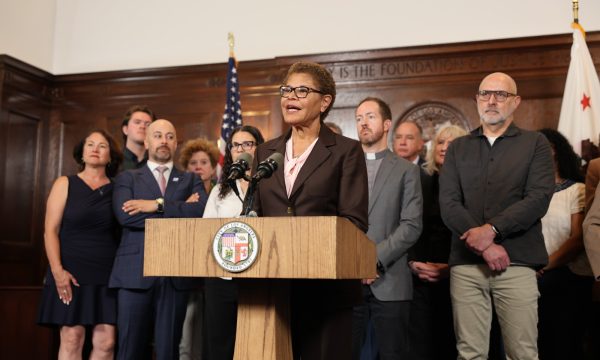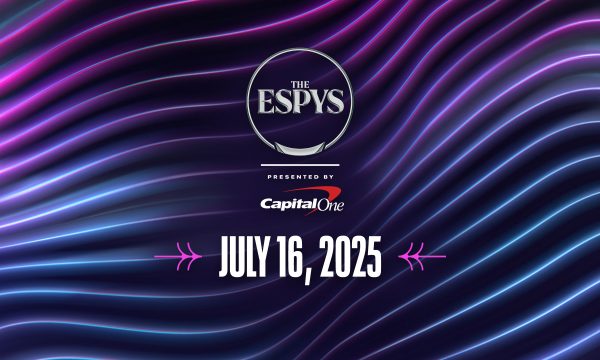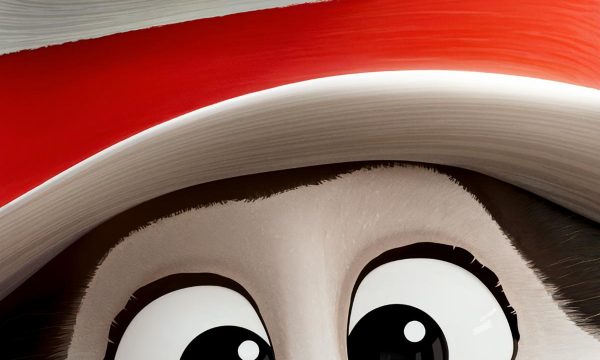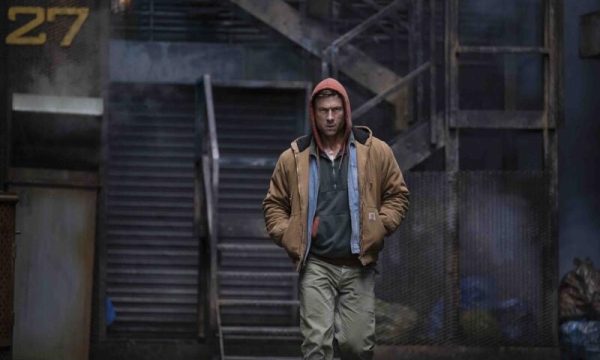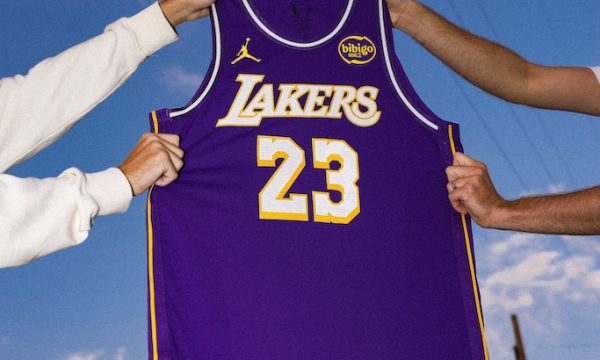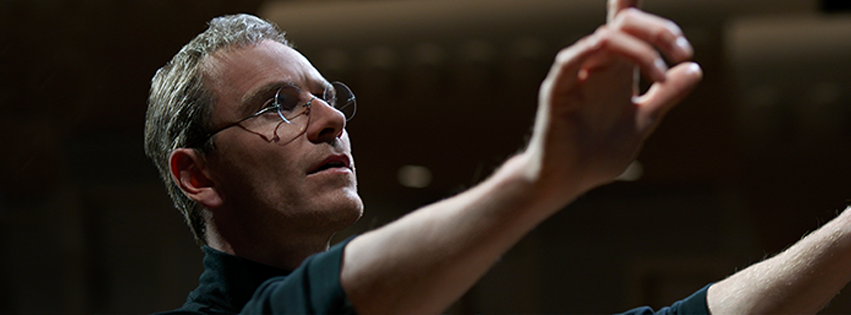 Nearly four years to the day after his untimely death from pancreatic cancer, “Steve Jobs,” a definitive film about the visionary Apple co-founder, arrives on the big screen starring Michael Fassbender, Seth Rogen, Kate Winslet, and Jeff Daniels.
Nearly four years to the day after his untimely death from pancreatic cancer, “Steve Jobs,” a definitive film about the visionary Apple co-founder, arrives on the big screen starring Michael Fassbender, Seth Rogen, Kate Winslet, and Jeff Daniels.
Brilliantly adapted by Aaron Sorkin (“The Social Network”) from Walter Isaacson’s authorized biography, this unconventional biopic marches audiences through its brisk two-hour running time with the use of rapid-fire dialogue, an imaginative structure and enough drama to span a lifetime. Zeroing in on three seminal moments in the tech icon’s career that illuminate the best and worst of his complicated personality, Sorkin’s inspired script is remarkably realized by Oscar-winning director Danny Boyle (“Slumdog Millionaire”) and his exemplary creative team, including cinematographer Alwin H. Küchler (“Divergent”), editor Elliot Graham (“Milk”) and composer Daniel Pemberton (“The Man From U.N.C.L.E.”). In spite of the film’s technical grandeur, “Steve Jobs” excels thanks to the committed actors tasked with delivering mouthfuls of frenetic Sorkin dialogue, particularly Michael Fassbender in the title role and Kate Winslet as Jobs’ invaluable right-hand.
More of an “impressionistic portrait” than a traditional biopic, “Steve Jobs” is set backstage in the moments leading up to three monumental product launches: the Macintosh in 1984, the NeXTcube in 1988, and the iMac in 1998. But beyond all the behind-the-scenes madness of a perfectionist launching three game-changing products, the real drama lies in the five central interpersonal conflicts Jobs had over the course of his brief but extraordinary life.
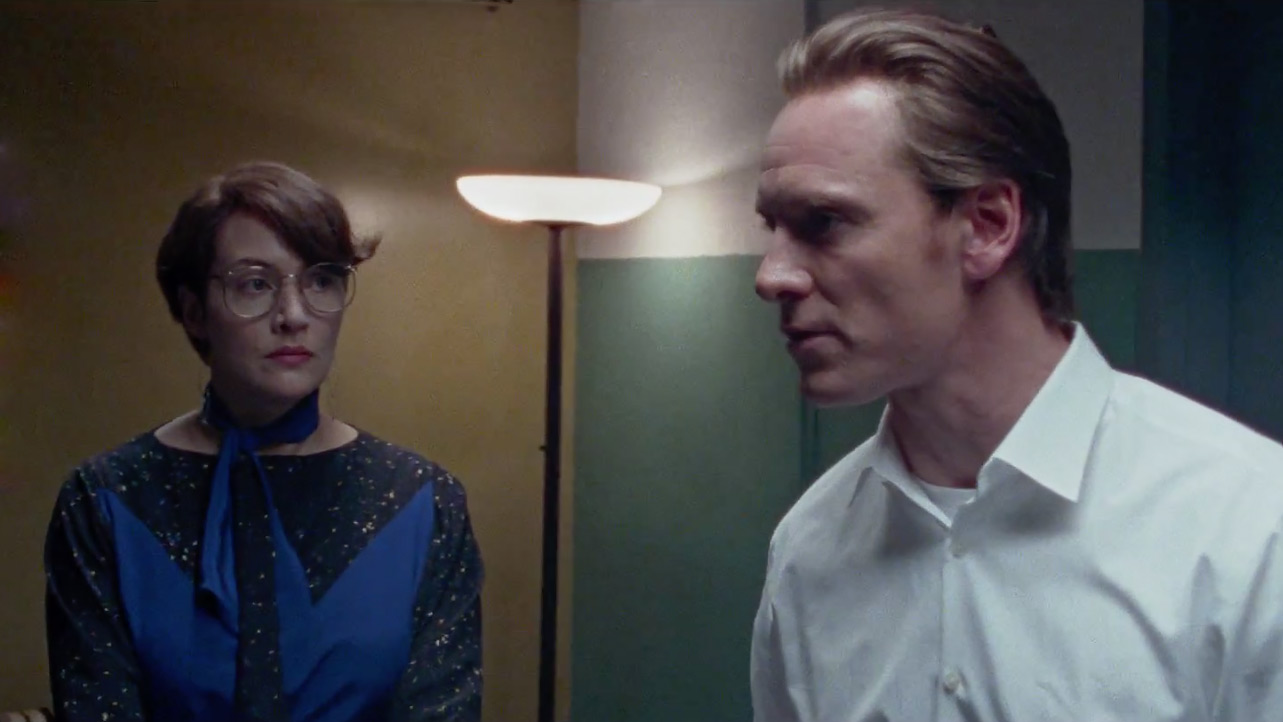 On the business side, there’s Steve Wozniak (Seth Rogen), the computer whiz and Apple co-founder whose unacknowledged contributions to the company’s success creates friction between the longtime friends; John Sculley (Jeff Daniels), the former Pepsi president who butts heads with Jobs after taking over as Apple CEO; and Andy Hertzfeld (Michael Stuhlbarg), a family friend and beleaguered member of the original Macintosh design team. Jobs’ private life is depicted through his fractured relationships with financially unstable ex-girlfriend Chrisann Brennan (Katherine Waterston) and their precocious daughter Lisa (played by Perla Haney-Jardine, Ripley Sobo, and Makenzie Moss), whose paternity Jobs questions to a humiliating degree.
On the business side, there’s Steve Wozniak (Seth Rogen), the computer whiz and Apple co-founder whose unacknowledged contributions to the company’s success creates friction between the longtime friends; John Sculley (Jeff Daniels), the former Pepsi president who butts heads with Jobs after taking over as Apple CEO; and Andy Hertzfeld (Michael Stuhlbarg), a family friend and beleaguered member of the original Macintosh design team. Jobs’ private life is depicted through his fractured relationships with financially unstable ex-girlfriend Chrisann Brennan (Katherine Waterston) and their precocious daughter Lisa (played by Perla Haney-Jardine, Ripley Sobo, and Makenzie Moss), whose paternity Jobs questions to a humiliating degree.
As these key players haunt the Northern California auditoriums like embittered ghosts of Jobs’ past, airing out their longstanding resentments in the process, his “work wife” Joanna Hoffman (Kate Winslet) maneuvers the temperamental genius through his many personal and professional battles.
Aside from the shrewd decision to stage the film like a play in three forty-minute scenes set in real time, what’s exceptional about Sorkin’s script is his ability to accurately dramatize the principal conflicts of Jobs’ tumultuous life within such a rigid structure. Of course, to accomplish this feat, Sorkin used some creative license – he considers the film “a painting, not a photograph” – but even though the onscreen squabbles didn’t actually take place at the product launches, they still faithfully reflect his real life relationships. Taking on his second biopic of tragically flawed tech billionaires – he won an Oscar for his adapted screenplay of “The Social Network” – Sorkin is clearly fascinated by these new media titans whose anti-social tendencies run counter to the products they create.
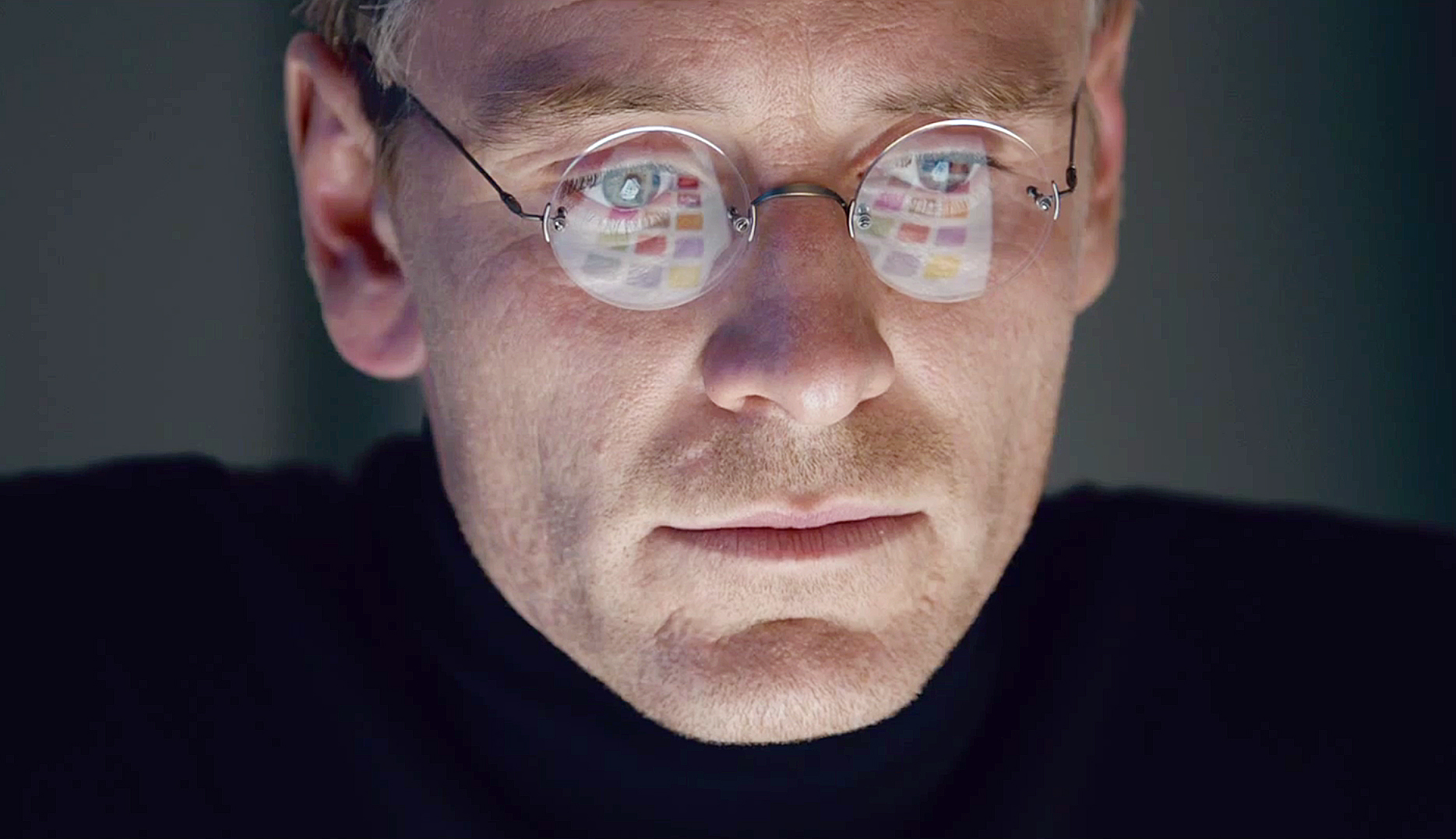
Adding greatly to the cinematic experience is Danny Boyle’s resourceful direction, which transcends the limitations of its setting and weaves Jobs’ chaotic story into a satisfying whole. Cinematographer Alwin H. Küchler, who shot on a combination of 16mm, 35mm and digital to subtly differentiate the three settings, also heightens the film’s visual appeal.
Although Michael Fassbender is far from a dead ringer for Steve Jobs, his fully-inhabited performance is truly something to marvel at, and places him in the heat of the Best Actor race. As anyone with even a cursory knowledge of Jobs can confirm, he was an extremely complex person, a man whose prickly personality and relentless drive inspired greatness and hatred in equal measure. To capture all the shades of such a contradictory figure requires not a good actor but a great one, and if it wasn’t already clear from his work in films like “Shame” and “12 Years a Slave,” Fassbender is certainly that. Perhaps most importantly, Fassbender’s performance completely obliterates any nagging memories of Ashton Kutcher’s mannerism-heavy portrayal in the well-intentioned but inferior 2013 biopic, “Jobs.”
Despite its title, “Steve Jobs” is an ensemble piece where each character looms large. And while each central figure is offered a vitriol-laced Sorkin monologue to lob at the Apple cofounder, Kate Winslet and Jeff Daniels are simply a step above the rest. Seth Rogen also puts in reliable work as Steve Wozniak in his first non-comedic role to date.
A unique biopic befitting its singular subject, “Steve Jobs” offers a profoundly human portrait of the man behind the machines.
Rated R for language
Running Time: 122 minutes



